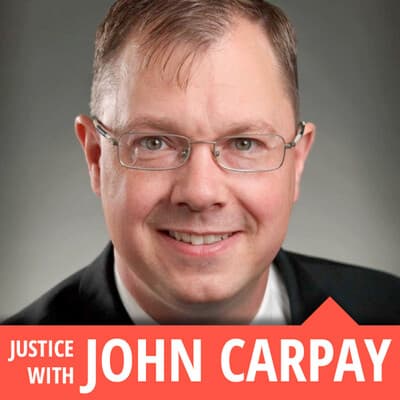Miscellaneous
Our guest law professor Bruce Pardy discusses his article "Public Universities, Speech Policies, and the Law: Fourteen Maxims." He defines the issues and clears up some common misconceptions about free speech and freedom in general for academics, administrators and students on campuses in Canada.Queen's University: Bruce Pardy, ProfessorBruce Pardy in SSRN, Aug 20, 2020: Public Universities, Speech Policies, and the Law: Fourteen MaximsJordan Peterson in Thinkspot, Aug 28, 2019: The Queens University TalkBelow are the Fourteen Maxims copied from Pardy's article:‘‘Freedom of expression” and ‘‘academic freedom” are distinct legal ideasFreedom of expression is a negative right, whereas academic freedom is both negative and positiveUniversities have no legal rationale to restrict the content of speech of its faculty or students, who are already restrained by the lawNo university policy on the content of speech is necessary for the university to impose no restrictions on the content of speechSimple policies protect free speechWordy policies create the potential to limit speechUniversities require ‘‘time, place, and manner” rules to protect expressionUniversities have no justification for imposing security fees on any speaker or lectureGovernment directives can be simple and have the force of lawGovernment directives that require each university to develop its own policy on free speech invite policies that restrict the content of speechThere is no right without a remedyJurisprudence on the application of the Charter to speech issues at public universities is a dog’s breakfast.For most university speech issues, the Charter is a red herringSome free speech disputes are about unequal application of rules rather than ‘‘freedom of expression” itselfTheme Music "Carpay Diem" by Dave StevensSupport the show (https://www.jccf.ca/donate/)

